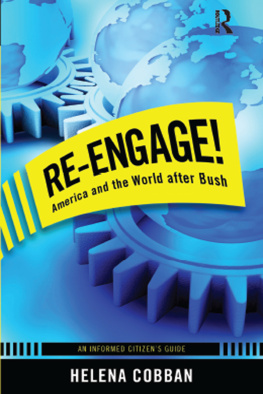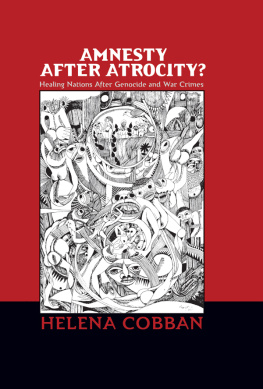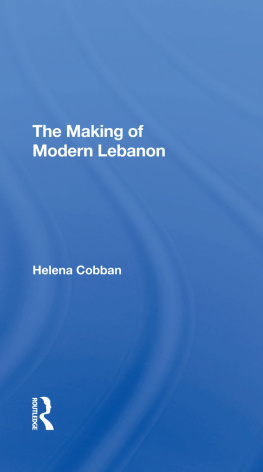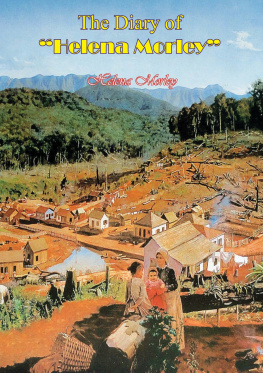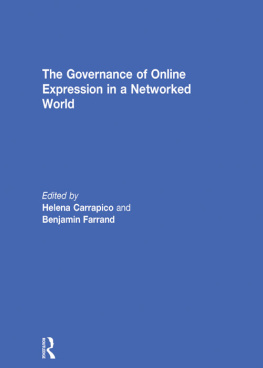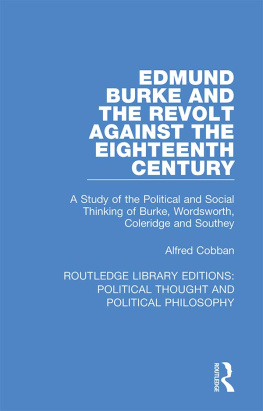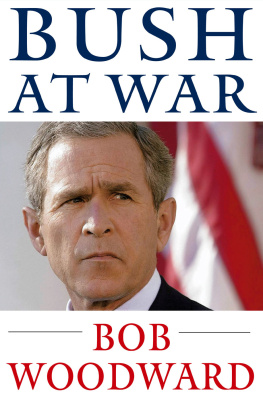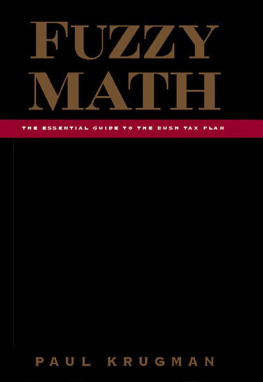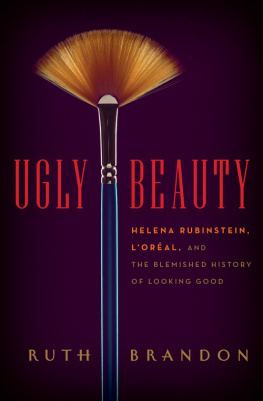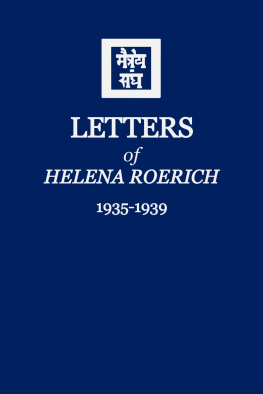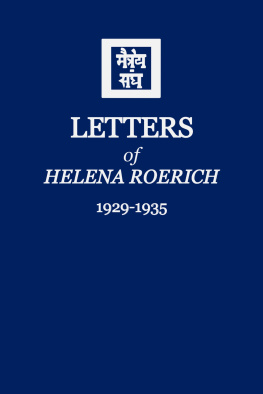First published 2008 by Paradigm Publishers
Published 2016 by Routledge
2 Park Square, Milton Park, Abingdon, Oxon OX14 4RN
711 Third Avenue, New York, NY 10017, USA
Routledge is an imprint of the Taylor & Francis Group, an informa business
Copyright 2008, Taylor & Francis.
All rights reserved. No part of this book may be reprinted or reproduced or utilised in any form or by any electronic, mechanical, or other means, now known or hereafter invented, including photocopying and recording, or in any information storage or retrieval system, without permission in writing from the publishers.
Notice:
Product or corporate names may be trademarks or registered trademarks, and are used only for identification and explanation without intent to infringe.
Library of Congress Cataloging-in-Publication Data applied for.
ISBN 978-1-59451-551-4 (hbk)
ISBN 978-1-59451-552-1 (pbk)
Designed and Typeset by Straight Creek Bookmakers.
The world we are living in today, which we will bequeath to coming generations, is one in which nations are more interdependent than ever. It is also more densely interconnected than ever before, thanks to the amazing (and still evolving) capabilities of the Internet. This new connectedness has already started to change the way people and governments deal with each other across international borders. For example, for the entire duration of U.S. military action in Iraq, from the bombings of the first day until today, American Internet users have been able to read vivid and nearly real-time accounts, written thoughtfully and often in excellent English by Iraqi bloggers, of what it is like to experience a massive military intervention like this one from the receiving end.
The power of the new media has the potential to democratize the discourse and decision making of the world in ways no one could imagine even a few years ago. I have been lucky to be part of this emerging global discourse. In early 2003, I started writing a blog, JustWorldNews, which soon acquired more than 10,000 readers from around the world. A subset of the readers coming from all seven continents takes part in the blogs online discussions in a way that provides new perspectives and builds new understanding among all of us.
But if todays new global connectedness is to help strengthen reasoned, democratic decision making, we will still need some old media to help us along. I have worked in the print media for more than thirty years, including a long career in print journalism, and have published many research articles along with six other books.
Books are still special. You can curl up with a book on a favorite chair. You can share it easily with a friend. It can sit quietly on a shelf, to be taken down and read with interest even decades after it is published. But when I started discussing the idea for this book with the directors of Paradigm Publishers, we agreed we wanted it to be more special yet. We wanted it to be thought-provoking, broad, timely, accessible, and action-focused. It should be, we agreed, a small book on a big subject, namely, the steps Americans should take and the ideas we need to think about as we try to mend our countrys crisis-riven relationship with the rest of the world.
In writing the book, I have woven together many threads of my past experience, including the research I have done on a variety of international issues, my travels to dozens of countries to seek out the views of their citizens and officials, and my attempts to frame complex global topics in a clear way for nonspecialist readers in my columns in the Christian Science Monitor. I have drawn on my service on the Middle East Advisory Committee of Human Rights Watch and my twenty-year membership in the International Institute for Strategic Studies. I am also grounded in my ongoing experience as a member of the Quaker meeting (congregation) in my hometown of Charlottesville, Virginia.
For more than 300 years now, American Quakers, along with members of most other spiritual communities, have tried to act as a force for good in this land. From the days of William Penn and even before then, Quakers have tried to bring hope, dignity, and fairness to everyone here, including Native Americans and those who were enslaved for many generations. Most Quakers have tried to hold fast to the antiwar stance that we and the other historic peace churches view as a mainstay of the original Christian teachings. Quakers have tried, in many different ways, to work for an equitable, life-affirming social order in our country and in the world.
Members of my Quaker meeting gave me strong moral and spiritual support as I wrote this book on a tight deadline. One group read early drafts of the text with the valuable eyes of concerned nonspecialists. They told me when my data or arguments seemed cockeyed or insufficient: my special thanks to them!
Readers who are not Quakers may wonder whether they should take seriously the arguments on war and peace of a person who is a convinced pacifist. My responsegiven both as a Quaker and a long-term researcher on strategic affairsis that today pacifism is a more realistic and necessary approach to world affairs than ever before. Today, the potentially species-cidal challenges of global warming and nuclear proliferation hang over all of humanity. Meanwhile, our countrys experience in Iraq has shown clearly that raw military power is not able, on its own, to resolve the thorny international security challenges we face today. Indeed, quite frequently military action can be counterproductive, creating many more enemies than it is able to destroy.
Americans and the 6 billion humans who are not U.S. citizens need to be able to deploy a much broader range of policy instruments than just the megalethal tools of destruction that sit in our military stockpiles. We need to have a serious conversation about the utility or disutility of military power in the twenty-first-century world. Quakers, the members of the other historic peace churches, and Americans committed to nonviolent action have a significant contribution to make to this discussion. For example, the Quaker-based Friends Committee on National Legislation (FCNL), with which I am affiliated, has done groundbreaking work in researching the peaceful prevention of deadly conflict.
This book is another contribution to the discussion. It examines military questions along with the other main issues on todays global agenda, such as human rights and climate change, and shows how all these issues affect each other in todays interconnected world. I am grateful indeed to the editors at Paradigm Publishers for the commitment they have made to all aspects of this projectincluding the idea that the book should be both affordable and timely. Paradigm Vice President Jennifer Knerr proved to be an ideal editor: intelligent, sure-footed, and supportive. The whole Paradigm team has been efficient, helpful, and a delight to work with. Philip A. Schrodt and a number of anonymous reviewers provided helpful feedback on the text.
Some of my colleagues, friends, and family members gave various parts of the book an expert reading, and did so with admirable speed. Those kind souls include Ruth Greenspan Bell, Coralie Bryant, William B. Quandt, Tarek Rached, and Brantly Womack. My colleagues and friends at FCNL have given me a lot of encouragement with the project. When I asked my blog readers for some specific input into the project, Christiane Roh of Lucerne, Switzerland, and others sent helpful suggestions. The original idea for the book grew out of a lengthy conversation I had with Paul D. Rogers of the Department of Peace Studies at the University of Bradford, UK, and is informed by the approach that he and coauthors Chris Abbott and John Sloboda used in their UK-focused book


